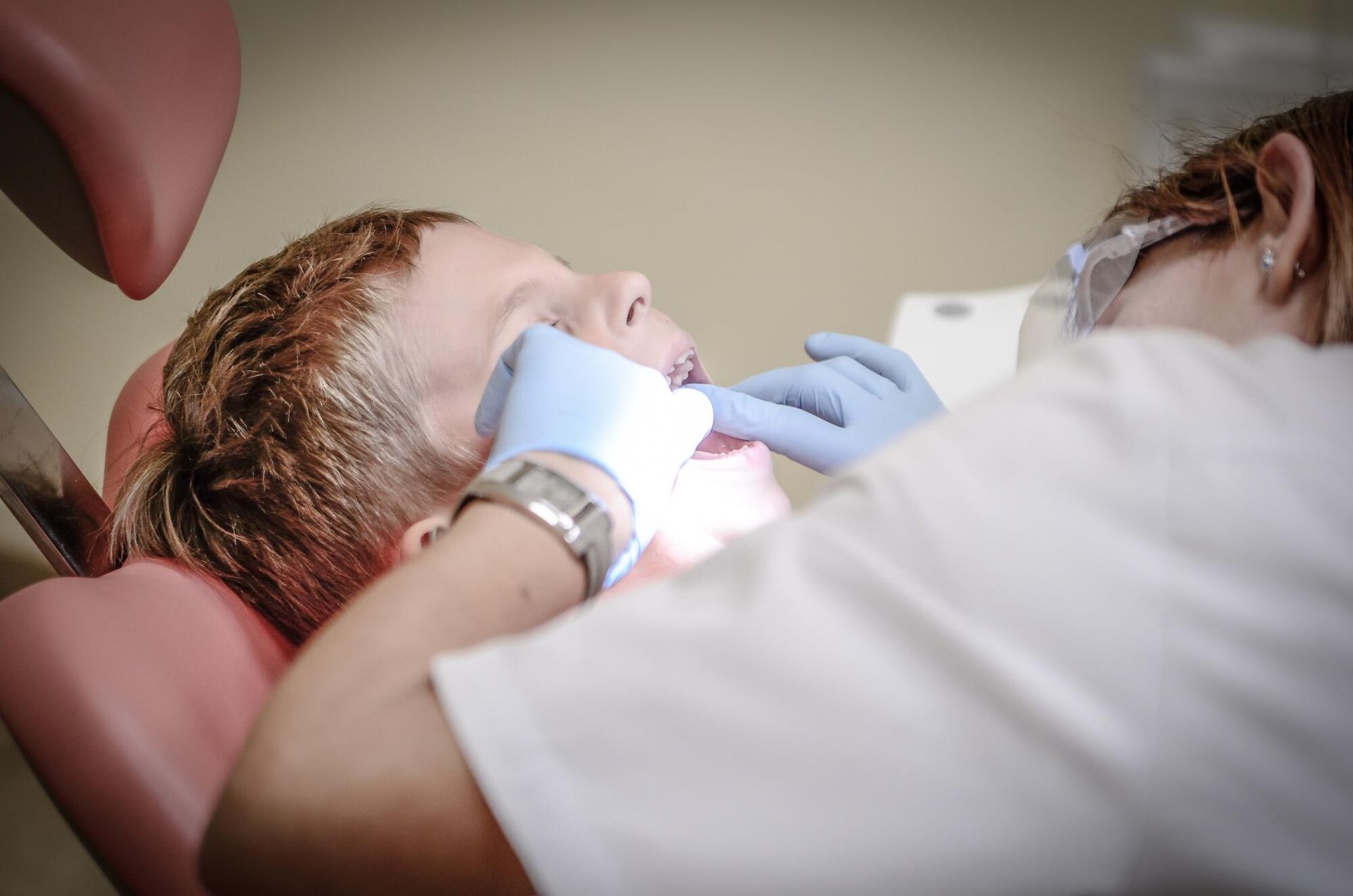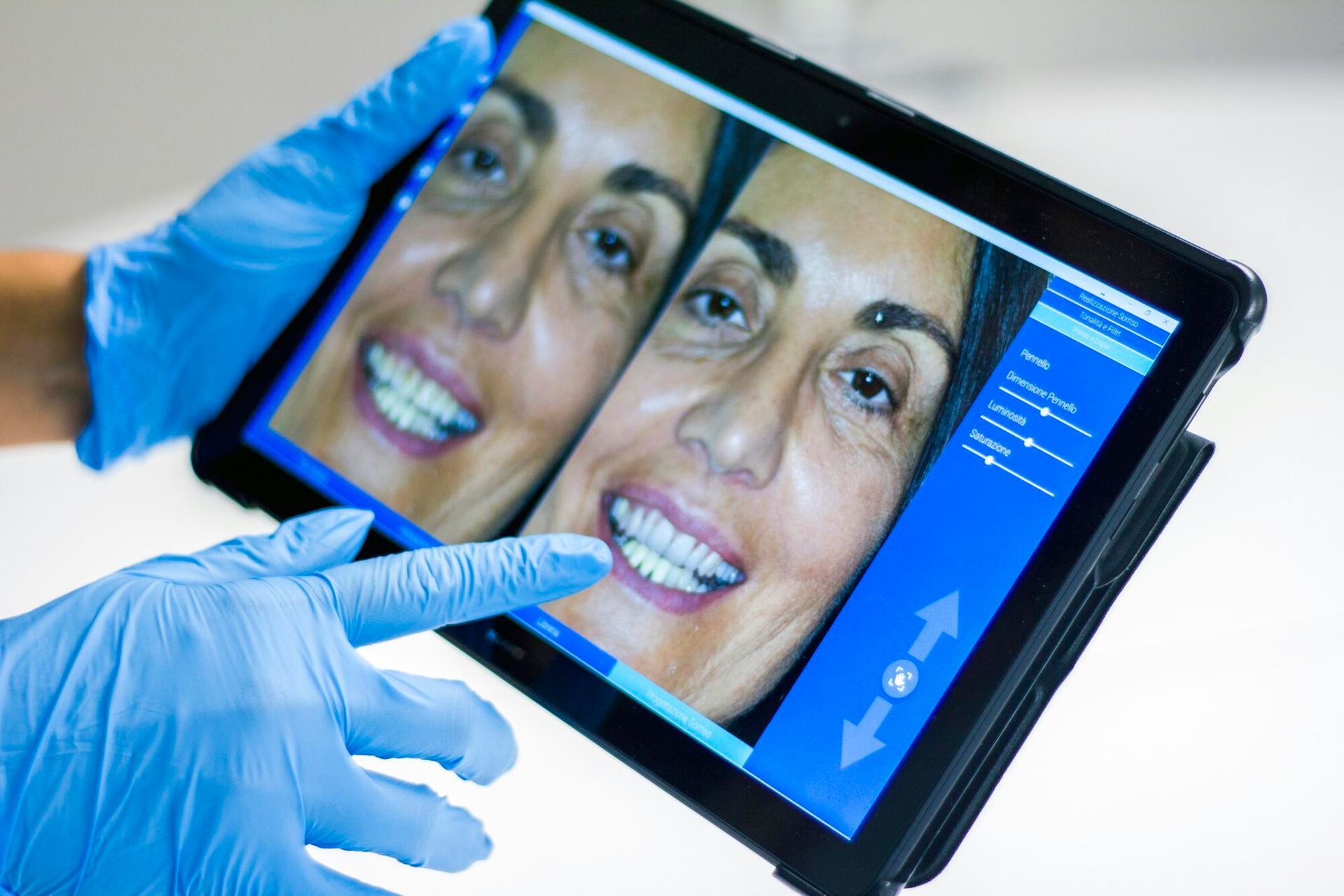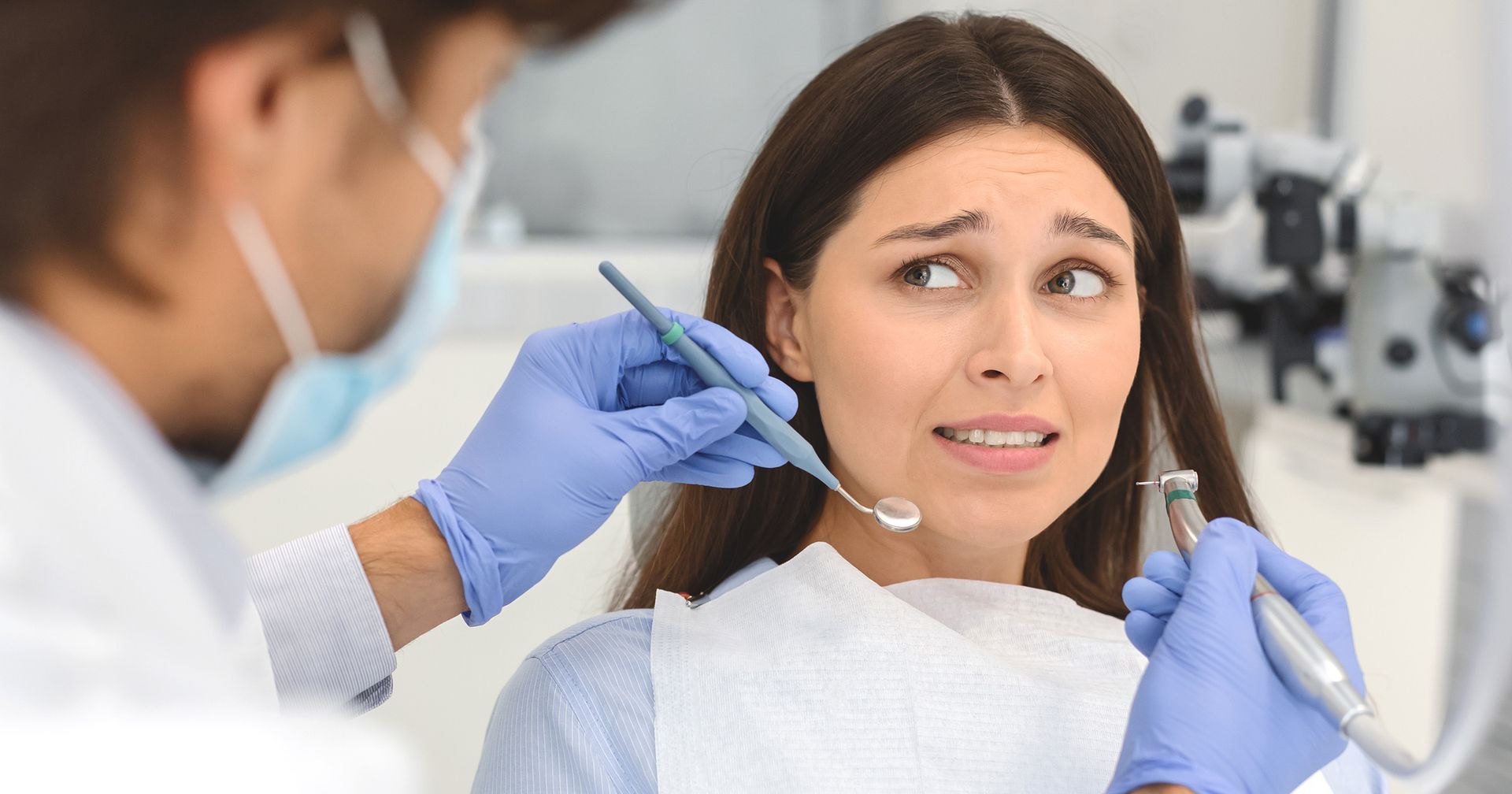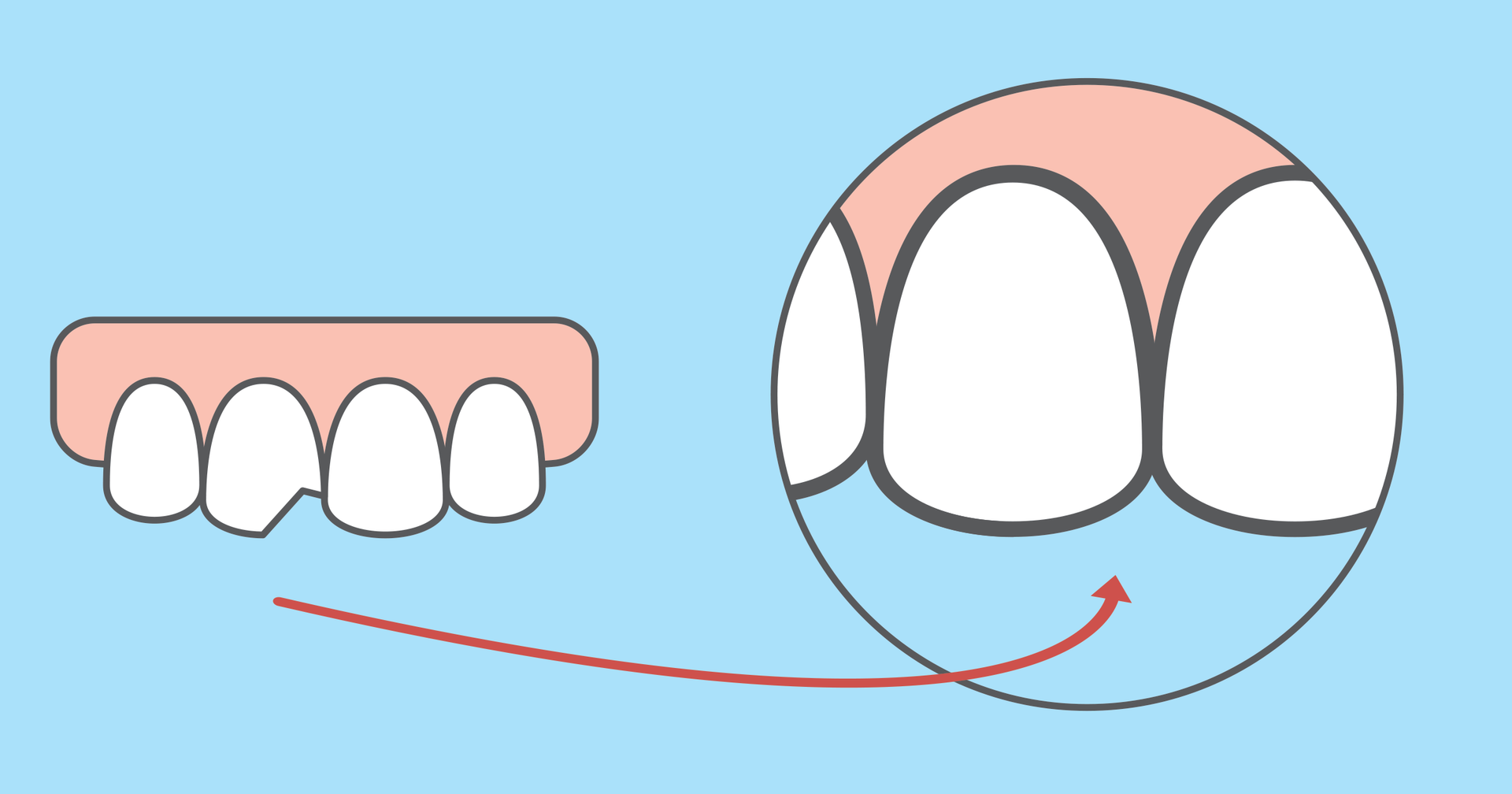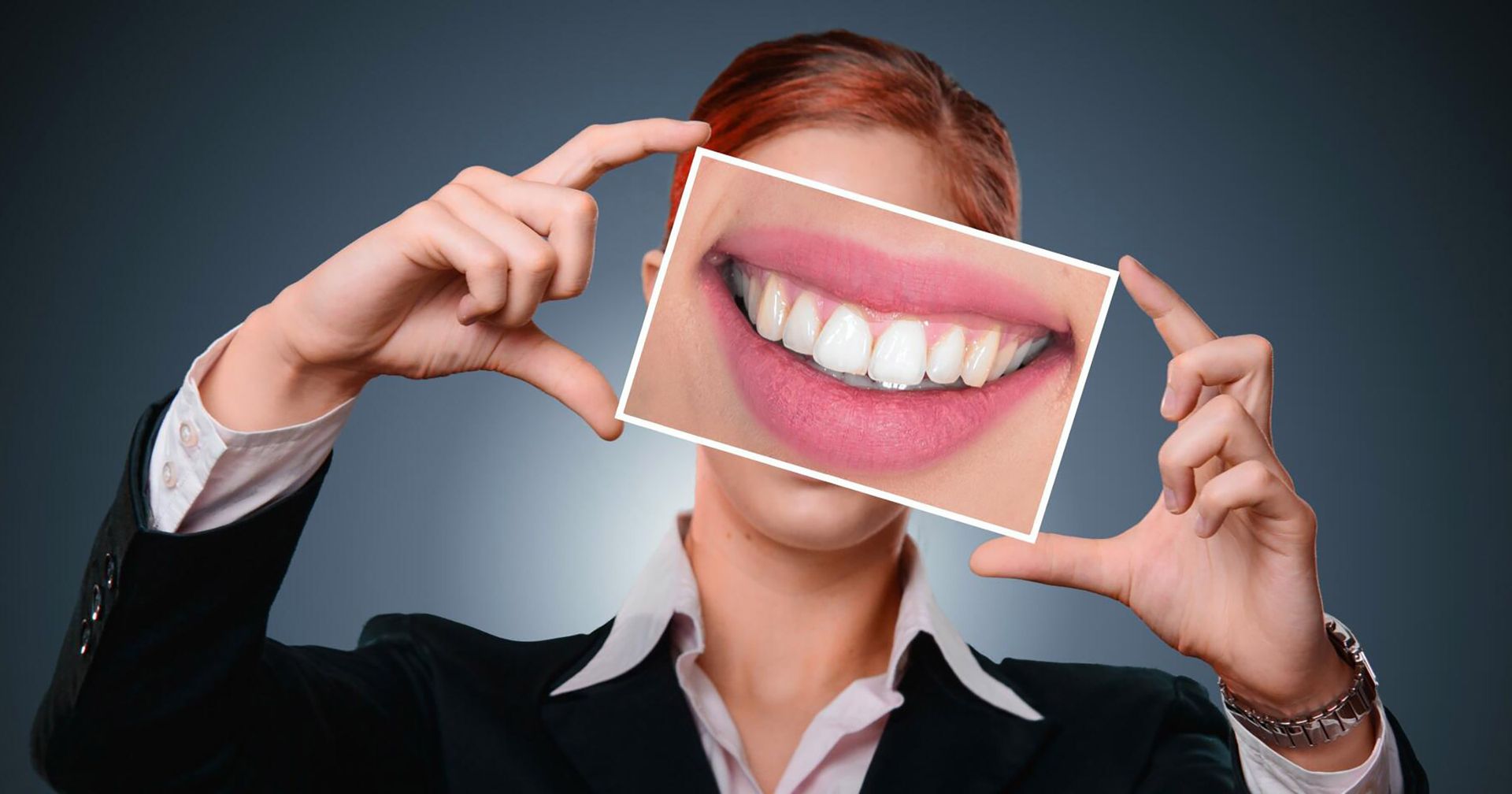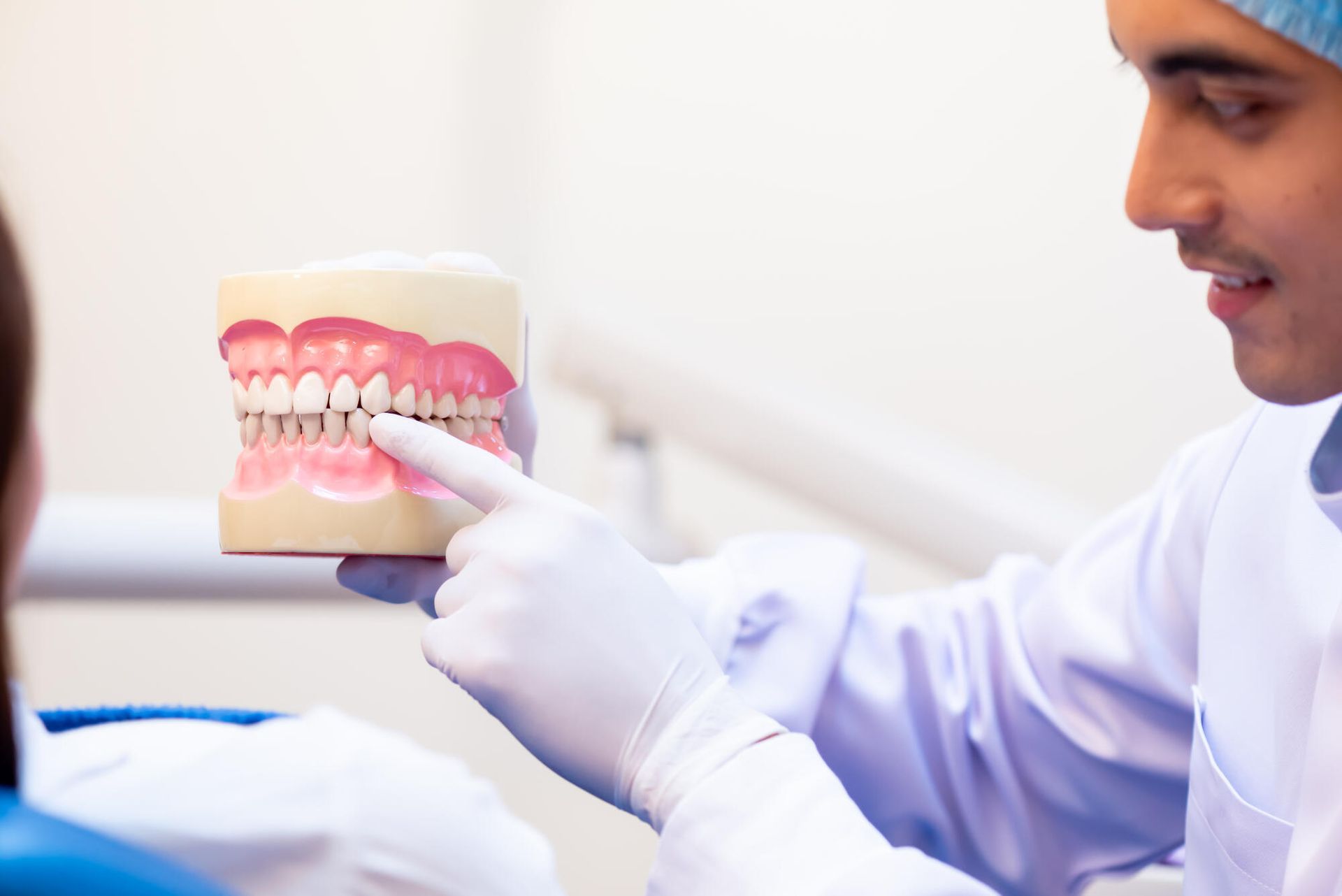Oral Hygiene Habits to Complement Professional Dentistry
About 3.5 billion people worldwide have oral diseases, even though they're largely preventable. Unfortunately, many people don't follow a set oral hygiene routine. Neglecting healthy teeth habits can lead to cavities or gum disease.
Oral disease can also increase your risk of serious health conditions. These include diabetes, cardiovascular disease, and cancer.
Want to protect your teeth and overall health? Read on for our essential dental care tips today!
Develop an Oral Hygiene Routine
Do your teeth feel fuzzy when you run your tongue over them? Neglecting to brush your teeth allows plaque to form. Plaque is the tacky, clear film that can cling onto and between teeth.
When you don't brush and floss, food particles, bacteria, and saliva mix before forming plaque. Americans admit to forgetting to brush their teeth five times per week. They also neglect to floss and use mouthwash four days a week.
In time, plaque can harden into tartar. Even an electric toothbrush isn't enough to clean tartar from our teeth.
Instead, you'll need to visit your dentist for professional teeth cleaning. Otherwise, plaque and tartar can release acid. The acid will break down your protective tooth enamel, allowing cavities to form.
Your oral health is linked to your overall health. For example, an infection could develop in your mouth if you neglect to brush. Your bloodstream could carry the infection to other areas, increasing your risk of:
- Stroke
- Cardiovascular disease
- Pregnancy complications
- Endocarditis
- Pneumonia
Before that happens, develop an oral hygiene routine and visit your dentist for a cleaning. Here are a few healthy teeth habits you can use at home.
Brush Twice a Daily
Remember, many Americans neglect to brush their teeth most days. Don't go to bed without brushing your teeth. Brushing will remove bacteria and plaque that's accumulated throughout the day.
Consult your dentist to confirm you're using the right method. Brush at a 45-degree angle in slow, circular strokes. Avoid brushing back and forth.
Take your time. Moving in gentle, circular motions will remove plaque.
Avoid brushing too hard, which can cause your gums to bleed. If your gums continue bleeding, talk to your dentist. It's possible you have gingivitis.
Other signs of gingivitis include:
- Sensitive teeth
- Gums that are red, swollen, or tender
- Gums that pull away from your teeth
- A change in your bite
- Pain when chewing
- Pus between your gums and teeth
- Foul-smelling breath that doesn't go away
When left untreated, gingivitis can progress. Gingivitis can increase your risk of lung disease, heart disease, diabetes, and stroke. You could even lose teeth.
Don't forget to brush your tongue as well. Otherwise, plaque will build up there, leading to bad breath.
Floss Daily
Brushing your teeth won't clear tooth particles from between your teeth. Use dental floss to clean these areas. You can ask your dentist for a demonstration.
Wrap each end of a piece of floss (about 18 inches long) around each middle finger. Use your thumbs and forefingers to guide it between your teeth. Making a C shape, wrap the floss around a tooth.
Use about 10 up and down strokes for each tooth. If you have dexterity issues, consider using dental picks or interproximal brushes instead.
Use the Right Tools
Make sure to replace your brush every three months (or when the bristles look worn down). Consider using an electric option. These brushes are more effective at reducing plaque and gingivitis.
Talk to your dentist about the toothpaste and mouthwash you use. They can recommend products based on your unique needs.
Look for products that contain fluoride. It's the leading defense against tooth decay. Fluoride can create a protective barrier for your teeth.
Over-the-counter, therapeutic mouthwash can reduce bacteria and plaque in your mouth. It can also prevent gingivitis. Mouthwash can:
- Reduce the amount of acid in the mouth
- Clean hard-to-brush areas in and around gums
- Re-mineralize teeth
Improve Your Diet
Eating a healthy diet can benefit your oral health. Choose fresh, crunchy produce that's high in healthy fiber.
Try to limit the amount of sugary and acidic foods you consume. Sugar can convert into acid in your mouth. Remember, acid can erode your protective tooth enamel, leading to cavities.
If you're worried about tooth discoloration, evaluate your diet. Coffee, tea, wine, and berries can stain your teeth. Consider cosmetic dentistry treatments like teeth whitening to remove the stains.
Don't forget to drink plenty of water throughout the day, especially after meals. Water can rinse food particles off your teeth. This could reduce the effects of acidic and sticky foods.
Try to add more calcium to your diet. Over time, acids and bacteria strip calcium away. Eating calcium-rich foods can counteract the effects of eating sugar.
Seek Professional Dental Advice
Professional, customized dental advice can help you maintain a happy, healthy smile. Try to visit your dentist every six months. Only 65.5% of American adults have scheduled a dental exam or cleaning in the past year.
Neglecting to visit the dentist gives serious oral health issues time to develop. Your dentist can spot early signs to ensure you receive immediate treatment.
Let your dentist know if you've noticed signs of poor oral hygiene, including:
- Tooth decay
- Bleeding gums
- Chronic bad breath
- Swelling of the jaw
- Toothaches
- Mouth sores
- Gum recessions
- Loose teeth
Professional teeth cleanings can remove plaque and tartar. Your dentist can also provide preventive dentistry tips to reduce your risk of decay.
Quit Smoking
Smoking could increase your risk of gum disease. It weakens your immune system, making it more difficult for the body to fight off infection. Once they've been damaged, smoking will make it more difficult for your gums to heal.
Establish Good Oral Hygiene Habits Today
Developing a good oral hygiene routine will protect your smile and overall health. Don't forget to visit your dentist for a check-up. Regular cleanings and exams can ensure you maintain good oral health.
Our approach at Dental Arts of Bixby is centered around making visits smooth and worry-free. We use the latest dental technology while offering comprehensive services.
Our caring, dedicated team is here to guide you toward optimal oral health. Contact us now to schedule an appointment.
